Live entertainment venues hungry for financial relief after year of pandemic closures
Congress approved $15 billion in relief, but none of that has been distributed.
The click of a light switch echoes eerily these days inside the cavernous empty Stone Church music club in Brattleboro, Vermont. Owner Robin Johnson says the silence is a daily reminder of a devastating pandemic year without live performances in the hall.
“When we first closed, I think everyone was of the mindset that it would be a couple of months and we'd be back, it would be OK,” Johnson told ABC News. “It all evolved and changed so rapidly.”
Hundreds of live entertainment venues nationwide -- which were among the first businesses to close after the coronavirus pandemic hit and are now among the last to fully reopen -- are teetering on the brink of financial insolvency, even as other sectors of the US economy slowly come back to life. Many have already closed for good.
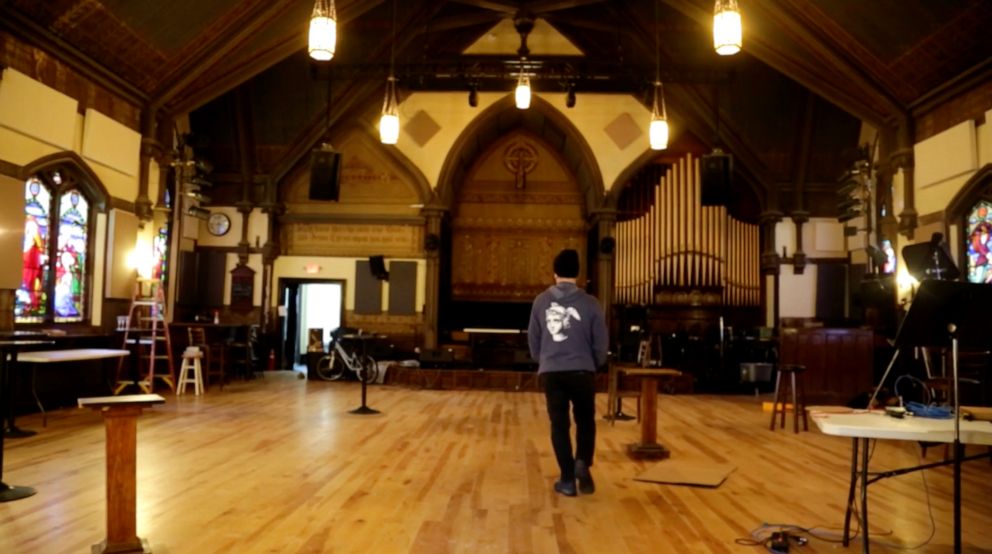
"We’re estimating about 300, unfortunately, and that the type of thing that’s just crushing every single day. And when I open my laptop and get a note about another, it’s just devastating because it was through no fault of their own," said Audrey Fix Schaefer with the National Independent Venues Association.
Broadway theaters in New York City went dark exactly a year ago this week and won’t reopen until May at the earliest. From the New Orleans jazz scene to California’s Sunset Strip, many legendary stages and nightclubs say they are on the brink of walking away from the business.
In late December 2020, Congress approved $15 billion in relief to specifically help shuttered venues survive the pandemic -- an amount advocates have called the biggest show of federal support for arts and culture in U.S. history.
But months later, none of the money has been distributed.
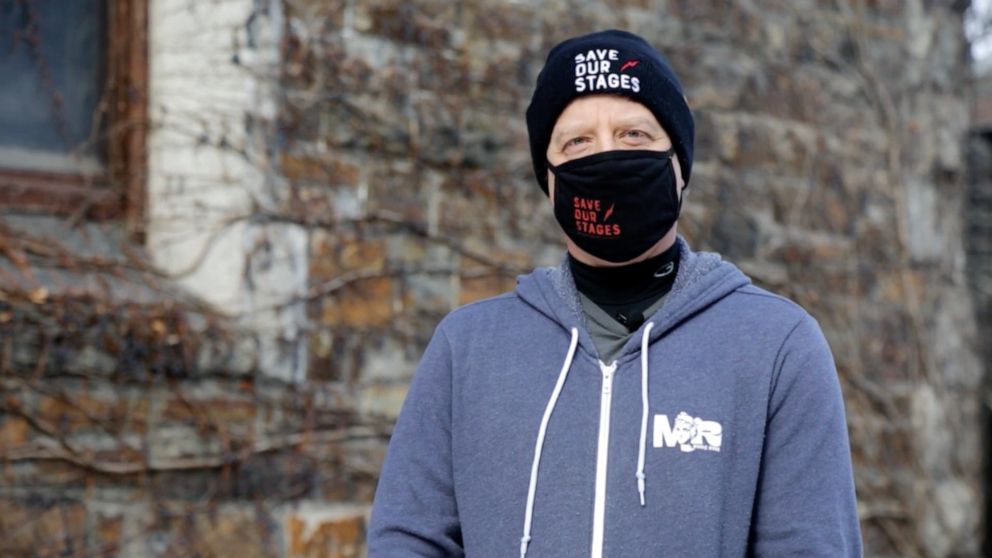
"It’s extraordinarily dire still because that money still has not flowed yet and it’s going to be tough as we wait. We don’t know how long it’s going to take," said Schaefer.
The Small Business Administration, which will administer the grants, tells ABC News it does “not have an exact date” for when it will start accepting applications but expects to do so in early April. As many as 30,000 venues could be eligible, a spokesperson said.
The relief will come too late for some venues that simply could not withstand the uncertainty or absorb mounting debt.
“We're literally the guy who was jogging and got hit by the meteor like the one in a trillion chance,” owner of U Street Music Hall, Will Eastman, told ABC News in July 2020. His venue went under in October.
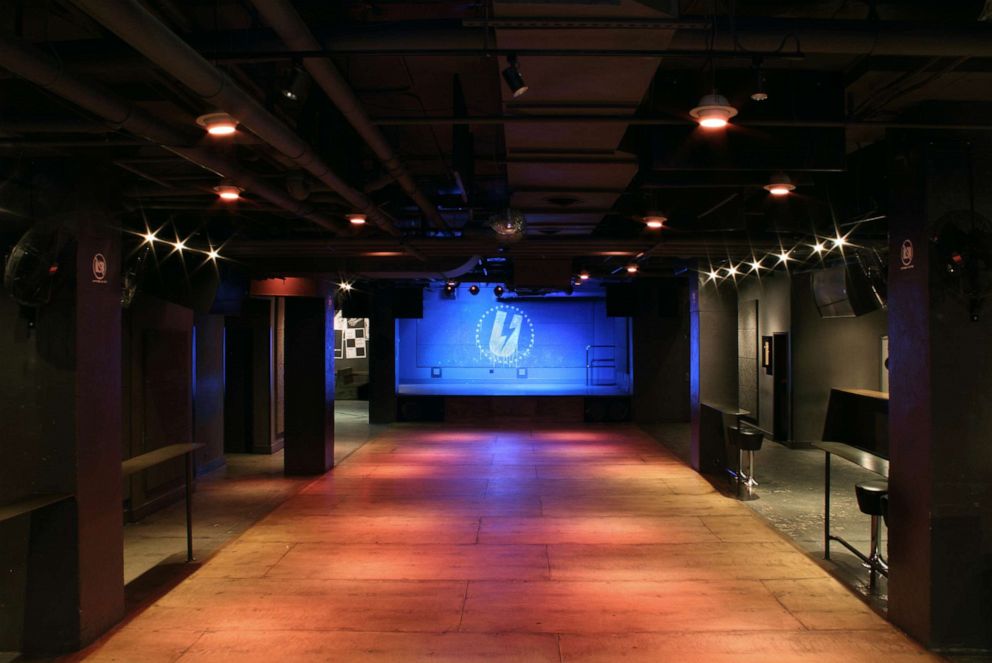
Some of music's biggest stars, including Dolly Parton and the Foo Fighters, have joined forces to pressure government and private sector groups to do more to help.
"Neighborhood independent venues like the places I got my start are at risk of closing forever," Parton says in a recently released PSA.
Earlier this year, industry groups reached out to the White House, pushing for empty venues to be hired as government vaccination sites. Others have staged "empty events" -- illustrative demonstrations that include a stage, banquet tables and chairs that sit unused -- to highlight the pandemic's impact on the entire industry in hopes of attracting more direct aid.
Artists and musicians say the pandemic has been crushing for creativity and community.
“Music is a shared experience, or in its most optimized form is a shared experience. And so, we miss that interaction,” Grammy-nominated EDM artist BT told ABC News. “It’s tough, man, because you’re missing that kind of constructive feedback loop that makes the creative process so thrilling, too.”
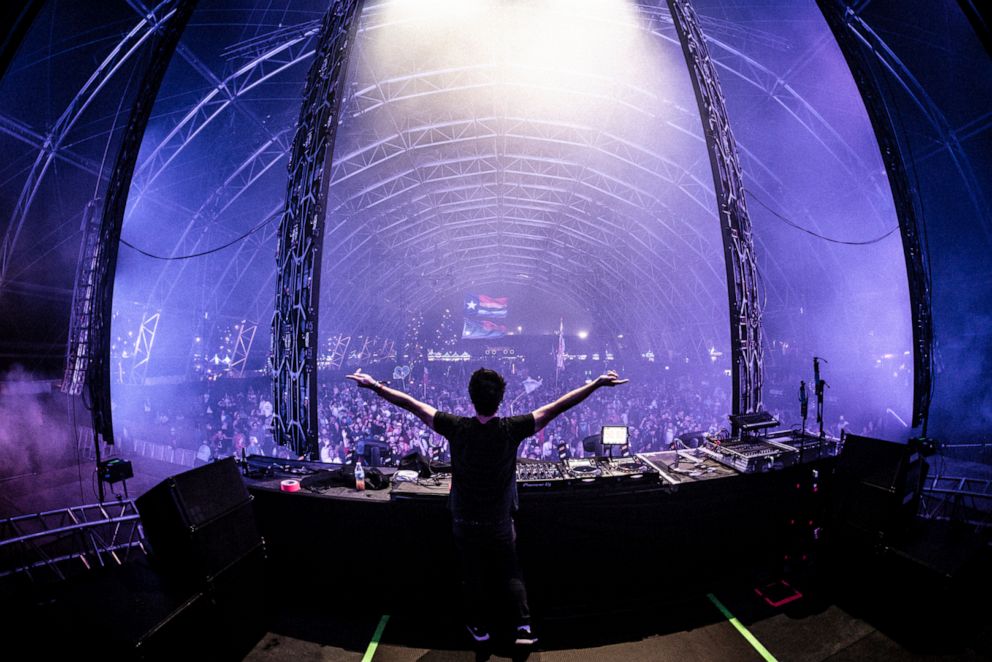
The closure of so many live venues has also weighed down the recovery of local economies.
“It’s hugely important for any community to have these types of venues open and vital. They’re vital to the economy,” said Lauren Wayne, general manager of the now-shuttered Port City Music Hall in Portland, Maine. “They’re spending money in the restaurants. They’re buying drinks. They’re going shopping before and staying in the hotel.”
Nancy Shaffer, president of the Live Events Coalition, said there are 12 million people in the live events industry who typically help generate $1.4 trillion. Only 8% of live events are “stage” based, she said, so many are still in need.
“When you talk about live events themselves, you’re talking about planners, designers, lighting and sound engineers. You’re talking about florists. You’re talking about caterers,” Shaffer said. “When you think about it, the ecosystem goes all the way back to agriculture.”
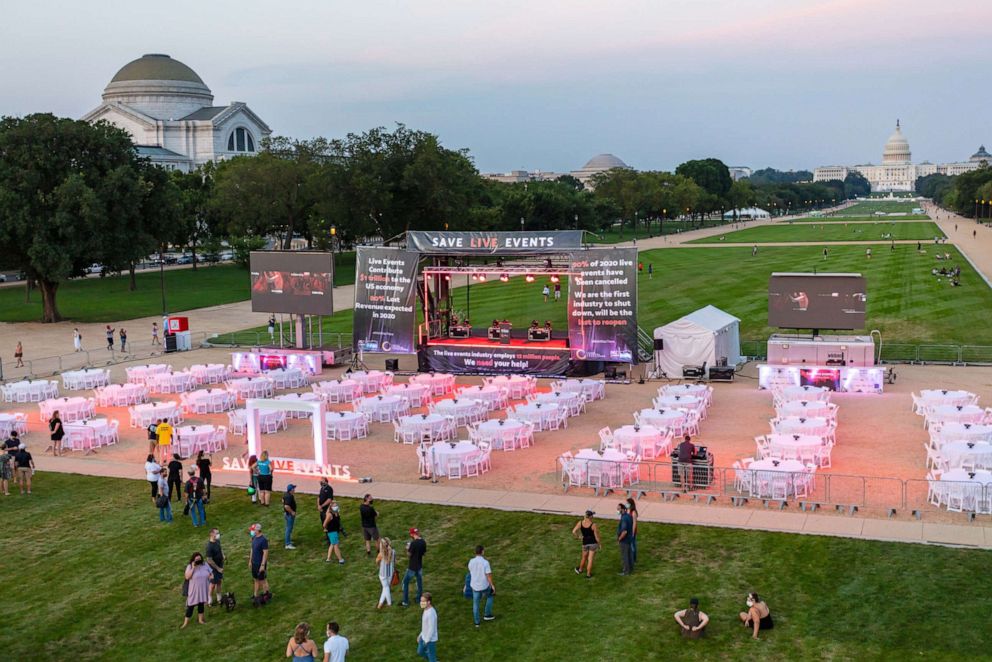
In some places, that ecosystem is slowly bouncing back. New York City, once the epicenter of the outbreak, has now reopened movie theaters for the first time since last March. At least 11 states have lifted all COVID-19 capacity limits for indoor gatherings and live events.
"In all likelihood, the mass gatherings at full capacity [nationwide] are probably not happening until 2022 from what we see in terms of the data," said Dr. John Brownstein, an epidemiologist at Boston Children's Hospital and an ABC News contributor. "Obviously, nightclubs are a ton of fun but they also are probably the places with the least amount of social distancing the least ability to control the spread of infections."
At the Stone Church in Vermont, Johnson has a cautious sense of optimism.
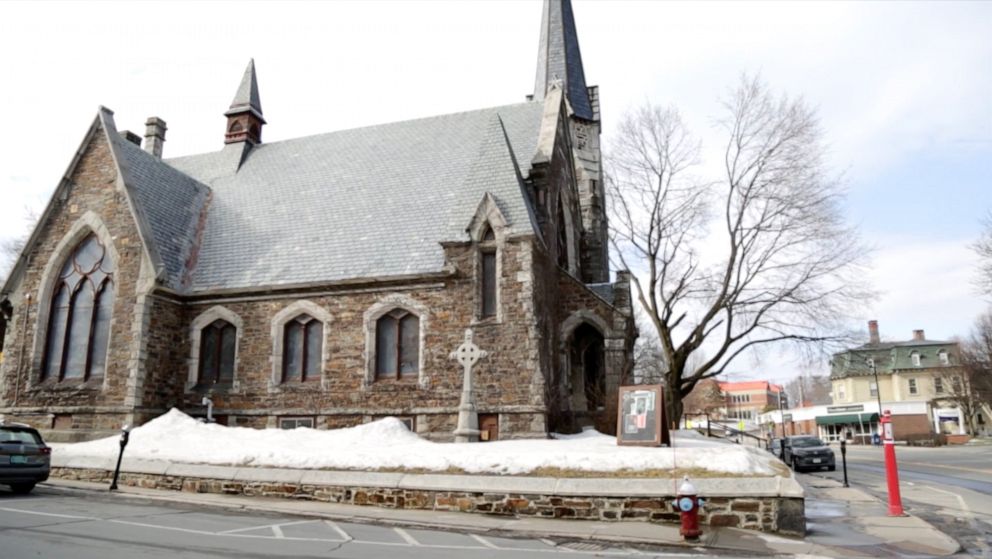
"I was able to shift a little bit more from kind of disaster thinking to future thinking and think of what we needed to do to get the venue ready to be safe and to be open," he said, hopeful that the distribution of financial relief this spring and acceleration of vaccinations will lay the groundwork for reopening in the fall.
“I think this time without live music will teach a lot of people how important it is to their lives,” he said. “And how important it is to support it and support independent artists and venues.”